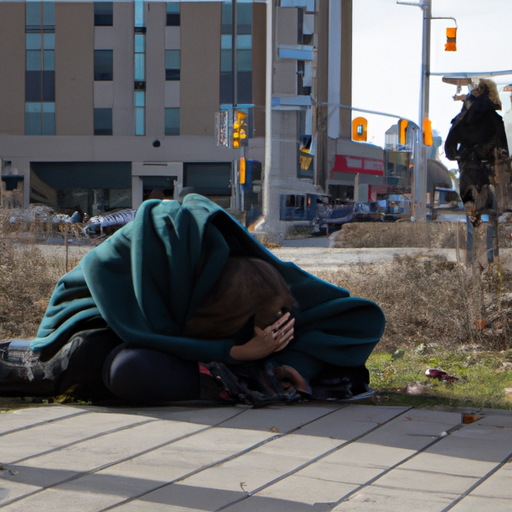The Canadian Opioid Crisis: A Closer Look at Orillia
Canada, like many other nations, is grappling with an opioid crisis that has led to widespread devastation and loss. In recent times, the small city of Orillia has found itself at the center of this crisis, with increasing incidences of opioid-related arrests, homelessness, and crime. This blog post, sourced from a comprehensive article, looks into the opioid crisis in Orillia and efforts underway to combat the situation.
The Intensity of Opioid Crisis in Orillia
In Orillia, as is the case across Canada, the opioid crisis has been marked by a significant increase in overdoses leading to death or severe health problems. It is a particularly pressing issue in the homeless population where, due to a variety of contributing factors including lack of access to healthcare and significant stigma associated with drug use, the crisis has been especially destructive.
The police data confirms the seriousness of the situation. Notable arrests have been made where individuals were found carrying illegally obtained opioids, a pointer to the severity of the crisis. The situation has led to an alarming increase in criminal activities, an outcome directly attributable to the infiltration of opioids in our communities.
Efforts to Combat the Opioid Crisis
In the face of the opioid crisis, both government and private organizations have risen to the challenge, making concerted efforts to alleviate the situation. Below are notable steps that have been carried out to address the crisis:
- Enforcement of stringent laws to curb the illegal possession and distribution of opioids.
- The provision of necessary resources and advice to those affected by the opioid crisis.
- Publication of valuable information to help community members understand the opioid crisis and how best to tackle it.
- Roll out of the Canadian opioid abatement class action, an effort that seeks to hold opioid manufacturers and distributors accountable for their role in the crisis.
Importantly, the local communities and governments in Orillia and across the country have come together in a show of unity to combat the opioid crisis. An example is the community leaders who have been at the forefront in providing resources and support to the homeless population. Furthermore, Police departments have increased their focus on opioid-related arrests in an attempt to curb the crisis at its roots.
Role of Naloxone in Battling the Opioid Crisis
From the first responders, social workers, police officers, and even laymen trained to administer naloxone, a life-saving antidote used for opioid overdose, the community is rallying together against the opioid crisis. Distributing naloxone kits and training individuals on how to use them is a vital part of the plan to reduce overdose deaths in Orillia and across Canada.
The opioid crisis is indeed a complex and overwhelming issue that affects every part of our society. However, the reality that it is crucial to unite as one community in the fight against it is becoming clear. It is this concerted effort that will lead us forward towards an eventual resolution.
Key Takeaways
The opioid crisis in Orillia, and more widely in Canada, underlines the pressing need to address the situation. The crisis has brought about an increasing number of overdoses, homelessness, and crimes related to illegally obtained opioids. Despite this grim situation, efforts are being made to combat the crisis, including the enforcement of strict laws, the Canadian opioid abatement class action, community support initiatives, and the rollout of naloxone kits.
The battle against the opioid crisis is everyone’s battle. As individuals, understanding the situation, showing compassion, and offering support where possible can help change the narrative. It’s our collective responsibility and moral obligation to ensure healthier, safer communities—free from the devastating effects of opioids.
